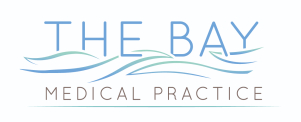Smoking, e-cigarettes, or charging of devices is not permitted on site.
Only guide/assistance dogs are permitted inside the Practice.
Everyone should wear a name badge, be polite to you and people close to you, and treat you with dignity and respect.
You should also be polite and show respect to the team.
